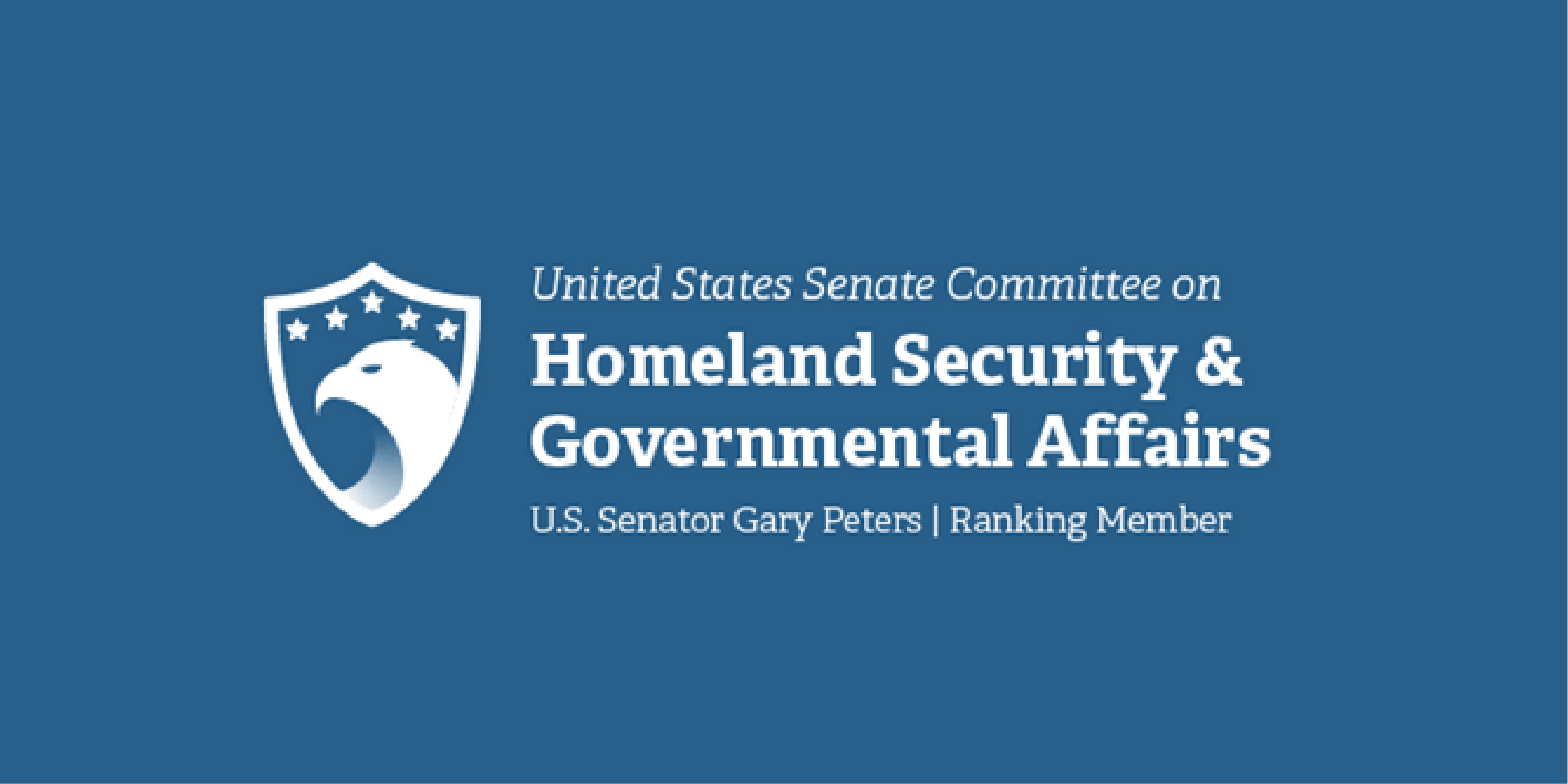
for Medical Products Advances in Senate as Part of Pandemic Preparedness Legislation
WASHINGTON, D.C. – A bipartisan provision authored by U.S. Senator Gary Peters (MI), Chairman of the Homeland Security and Governmental Affairs Committee, to strengthen requirements for foreign manufacturers of medical products that are distributed in the United States to register with the Food and Drug Administration (FDA) has advanced in the Senate as a part of a larger legislative package to strengthen our nation’s preparedness and response to future pandemics. The provision, which is based on Peters’ Registration of Certain Foreign Establishments Act, closes a loophole by requiring foreign manufacturers to register with FDA and provide information on the facilities involved in the production process, including when a product undergoes processing in multiple countries before reaching the United States. The provision is included in the Prepare for and Respond to Existing Viruses, Emerging New Threats, and Pandemics Act (PREVENT Pandemics Act), which was approved by the Senate Committee on Health, Education, Labor and Pensions.
“The FDA’s lack of information on every location where critical medical supplies and drugs are produced poses a grave threat to the health and safety of the American people. Giving this agency greater visibility into this process will increase awareness of our dependence on foreign manufacturers for these critical goods, and help our government foresee possible disruptions to medical supply chains,” said Senator Peters. “This important provision will help address gaps in our nation’s response to future public health crises, and I will continue to press for its passage.”
The FDA recently reported about 78% of facilities that produce active pharmaceutical ingredients (APIs) – the key ingredients that give a drug its intended effect – are located outside of the United States. Despite current law, some foreign manufacturers have failed to register with the FDA, limiting the agency’s visibility into where certain drugs are made and in what amount, and making oversight of drug safety and shortages more difficult.
The provision builds off of findings from Peters’ 2019 report, A Price Too High: Cost, Supply, and Security Threats to Affordable Prescription Drugs that identified vulnerabilities in our nation’s medical supply chain and provided recommendations to address growing shortages of critical drugs and national security concerns related to our nation’s dependence on foreign sources for these products.
###













